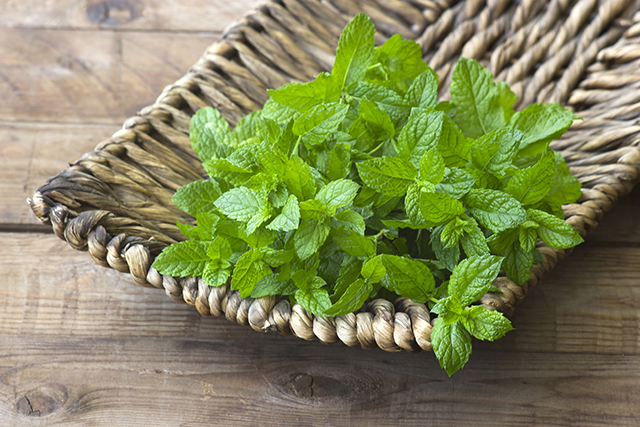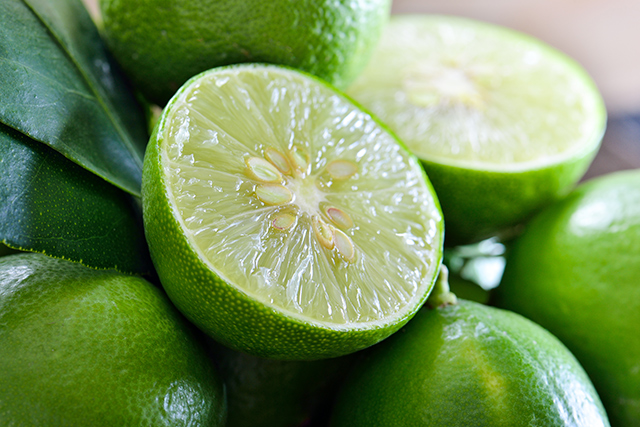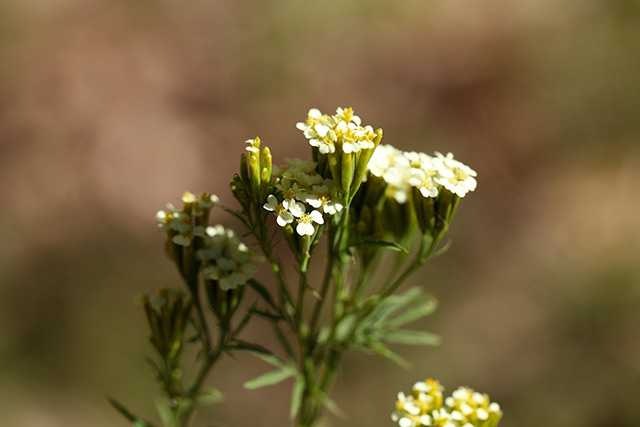Nanobiotechnology researchers seek natural agrochemicals to use for crop protection
06/11/2018 / By Edsel Cook

Zealous overuse of synthetic agrochemicals to protect food crops from microbial pests has backfired on the agricultural industry. Not only has the environment ended up heavily contaminated, but the microbes are now gaining resistances to the chemicals. An article in Nanowerk.com states that nanobiotechnology experts are seeking out biological and natural alternatives.
The common thyme is one of these plants that possess promising antimicrobial properties. It contains thymol, an essential oil that can kill harmful bacteria and fungi.
The main drawback to thymol is that it resists dissolving in water. This insolubility impairs the emulsion’s ability to take out microbes and makes it difficult to use as an industrial-level antimicrobial.
Moreover, thymol quickly breaks down in the presence of light and oxygen, as well as when exposed to certain temperature ranges. While this means the essential oil is not a persistent chemical, it also cannot last long enough to accomplish its goal.
To further complicate matters, commercial thymol formulations are far from being all-natural. They contain large amounts of artificial surfactants that reduce surface tension and aid in dispersion.
These synthetic formulations are useless when it comes to protecting against pathogenic microbes. Not only do their surfactants hamper thymol’s active compounds, but they are also potentially toxic to wildlife that consumes contaminated food. (Related: Modern farming has made it more difficult for honeybees to store food, new study concludes.)
Thymol antimicrobial is encapsulated within saponin from soap bark tree
Indian nanobiotechnogy experts announced that they have devised a natural, organic solution to these roadblocks. They used a natural surfactant called saponin to form capsules around nanoscale droplets of thymol.
Saponin is extracted from Quillaja saponaria, the soap bark tree. Native to the forests of Chile, it is a common and easy to grow tree whose inner bark contains plenty of saponins. Powder made from its bark has been used as an all-natural alternative to chemical soaps.
In their tests, the encapsulated thymol stayed stable for three months. The saponin surfactant successfully protected the antimicrobial from oxygen, sunlight, and temperature changes that would have quickly broken it down.
Furthermore, the researchers discovered that nanoscale thymol was not just good at fighting bacteria and fungi. It also encouraged plants to grow faster.
Vinod Saharan of the Maharana Pratap University of Agriculture and Technology led the developmental effort for nanoemulsions. He explained that synthetic emulsions contain far more artificial surfactants than thymol.
Their nanoemulsion, in comparison, has a much smaller amount of saponin, which does not overpower the active compounds of thymol.
Saharan said nanoscale thymol is much more effective than conventional emulsion. The nanoscale droplets are able to penetrate the membranes of bacteria, fungi, and plants at a much faster rate.
Thymol nanodroplets also have more molecules on their surface area. This increases the activity of the antimicrobial when it reaches the target.
Eco-friendly thymol nanoemulsion protects crops, environment, and wildlife
The natural thymol nanoemulsion will not harm the environment or disrupt ecosystems. It is also biodegradable, so it will not persist and cause long-term problems.
It could replace numerous synthetic agrochemicals that are used on food crops. These include antibacterials, fungicides, and chemicals that regulate plant growth.
Saharan’s team will look for other bioactive compounds and micronutrients that could be added to the nanoscale thymol emulsion. These additions would increase the formula’s versatility and allow it to replace other synthetic chemicals.
“Thymol nanoemulsion has application in food and agriculture sector as a environment safe anti-bacterial and antifungal agent,” he said. “Beside this, it also acts as plant growth regulator and further can be exploited as food preservative and use to prevent post harvest losses in agriculture.”
Discover more articles on organic agriculture at Organics.news.
Sources include:
Tagged Under: agriculture, agrochemicals, antimicrobials, bionanotechnology, biosurfactants, crop production, crops, environment, essential oils, food supply, organics, saponin, science, soap bark tree, surfactants, synthetics, thyme, thyme essential oil, thymol



















